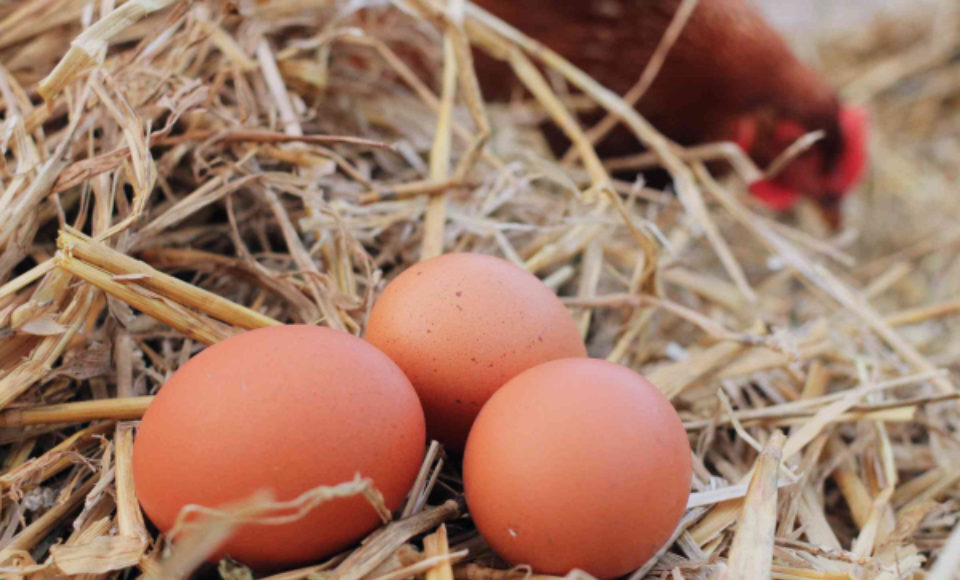For many poultry enthusiasts, knowing how to get chickens to lay in winter can be quite the conundrum. While chickens can naturally reduce egg production during colder months, adopting certain strategies can help maintain a steady supply of fresh eggs. This article will explore various techniques that not only support your chickens health but also encourage them to lay eggs during winter.
Ensuring your chickens continue to remain productive in these colder months is vital. Not only does this ensure a steady supply of fresh eggs for consumption, but it is also crucial for the overall health and productivity of your flock. Below we dive into various methods and *tips* for egg production in winter.

1. Understanding Chicken Behavior in Winter
Chickens have an instinctual response to shorter days and lower temperatures, often resulting in decreased egg production. By comprehending these natural behaviors, we can better adapt our care and management techniques.
Why Chickens Slow Egg Production in Winter
In winter months, the decrease in daylight triggers a hormonal response that reduces egg-laying. Knowing how chickens biological clocks work can help us in managing their environment to promote laying.
2. How Lighting Affects Egg Production
Light is crucial for egg-laying as it influences hens’ pituitary gland, which oversees egg production. Here are ways to use lighting to your benefit:
Install Artificial Lighting
Providing additional hours of light can simulate longer days. Consider using safe and well-distributed lamps in the coop to increase daylight hours, ensuring hens receive 14-16 hours of light daily. Discover how this approach has been effective for many poultry owners [here](https://chickenthingsandmore.com/lighting-for-more-egg-production/) Lighting Tips.
Light Intensity and Scheduling
Maintaining a consistent light schedule with proper intensity encourages laying. Use timers to ensure that the light turns on and off at regular intervals, allowing enough rest for your chickens.
3. The Impact of Nutrition on Egg Production
Diet is pivotal in ensuring that chickens continue to lay eggs during winter. A well-balanced diet provides essential nutrients and energy.
High-Protein Feed
Incorporate high-protein feed to aid in energy and egg production. During colder months, hens expend more energy to stay warm, hence increased protein helps meet their nutritional demands. [Explore feed options](https://chickenthingsandmore.com/supplements-for-egg-laying-chickens/) Feed Options.
Supplements and Treats
Supplements like calcium and omega-3 rich treats enhance egg quality and laying potential. Healthy supplements ensure that eggs have strong shells and good nutritional content.
4. Proper Shelter and Warmth
Ensuring your chickens have a warm and comfortable environment is essential for sustained egg production.
Coop Insulation
Insulating your chicken coop helps maintain warmth. Straw, hay, or commercial insulation material are effective in retaining heat.
Heating Solutions
Safe heating options like lamps or heaters can be used to provide additional warmth. Ensure these are positioned safely to prevent fire hazards. [Check out other careful measures](https://chickenthingsandmore.com/egg-laying-breeds-for-high-production/) Safe Heating Measures.
5. Choosing Right Breeds for Winter Laying
Selecting breeds known for their ability to lay in winter can significantly impact egg production.
Popular Laying Breeds
Breeds like Sussex, Rhode Island Red, and Plymouth Rock are excellent options for winter egg production. Discover the best breeds and their characteristics [here](https://chickenthingsandmore.com/egg-laying-breeds-for-high-production/) Best Breeds.
6. Monitoring Health and Wellbeing
Regular health check-ups ensure that your chickens remain healthy, helping prevent diseases that could impede egg production.
Veterinary Care
Employ routine health checks by a veterinarian to ensure any health issues are addressed promptly. Keeping your birds healthy is crucial to maintaining their productivity.
Disease Prevention
Preventing diseases through cleanliness, vaccinations, and nutrition help maintain a robust flock, which in turn contributes to steady egg production.
7. Addressing Stress Factors
Minimizing stress in your chickens can help in sustaining egg production.
Reduce Noise and Movement
Keeping the environment calm by reducing disturbances and threats can promote laying. Calm chickens are less stressed, thus more inclined to lay eggs consistently.
Space Management
Adequate space in the coop ensures that chickens do not feel crowded or stressed, aiding their laying potential.

Frequently Asked Questions
1. Can Supplements Help in Winter Egg Production?
Yes, an appropriate combination of feed and supplements can greatly aid in promoting winter laying, providing hens with the nutrients required for sustained egg production.
2. What Temperature Should a Chicken Coop Be in Winter?
Ideally, maintaining a temperature above freezing ensures hens are comfortable and healthy, aiding productivity.
3. How Can I Tell If My Chickens Are Getting Enough Light?
Ensure chickens receive at least 14 hours of light. Utilize timers to maintain a consistent light schedule, hence encouraging laying.
In summary, discovering how to keep chickens laying in winter involves understanding their natural behaviors, adjusting environmental conditions such as light and warmth, providing a nutritious diet, and selecting suitable breeds to ensure a steady production of eggs. By applying the tips shared above, you’ll help your chickens remain healthy and productive throughout the winter months.
For additional tips on egg nutrients and health benefits of backyard eggs, you can visit [Pete and Gerrys Field Notes](https://www.peteandgerrys.com/blogs/field-notes/egg-nutrition-facts) Egg Nutrition Facts.
This article contains affiliate links. We may earn a commission at no extra cost to you.










